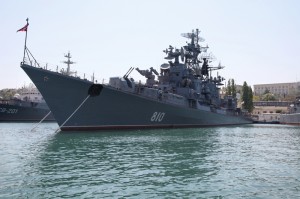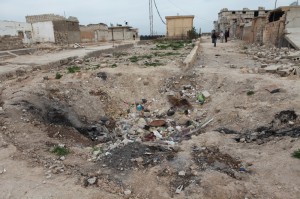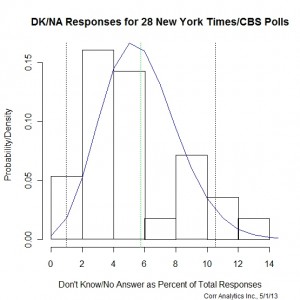On March 15, 2011, popular protests erupted in Syria as part of the Arab Spring. The Syrian regime brutally suppressed the protests, which grew into armed opposition and civil war. President Bashar Hafez al-Assad’s Ba’athist government fought against a splintered but militant opposition. The United Nations tracked atrocities committed on both sides, including more than 70,000 killed (CNN).
Assad obtains most of his political support from the authoritarian regimes in China, Russia, and Iran. The Arab League previously supported him, but as the atrocities mounted, now supports the opposition. There is substantial public support for action against the Syrian regime in the United States, France and Britain. The types of action palatable to the voting public in the United States and Britain, weary of wars in Iraq and Afghanistan, do not include intervention. The public in newly-interventionist France does support deploying United Nations troops to Syria. All three countries support economic sanctions, and there is increasing support for supplying opposition groups with military materiel (Council on Foreign Relations). Political leadership in the United States, France and Britain are responding with proxy war proposals consistent with this public opinion.
Expect limited military materiel support to Syrian rebels from the US, Britain and France in the near future. Due to insufficient public support, this will not include deployment of troops, and will only be sufficient to prolong — not win — the war. Over time, limited and therefore ineffectual military support may lead to increasing public support for deployment. If deployment occurs, expect a quick apparent win by the opposition, which turns into a long (5-15 years) and expensive period of nation-building and civil war as in Iraq and Afghanistan. Increased western military expenditures will improve yields in the defense sector, but increase government debt and taxes. Expect lower economic performance overall as defense expenditures aimed at Syria increase.
Opposition groups that will immediately benefit from western intervention in Syria will solicit such intervention in the short term. However, public opinion in Islamic countries find western intervention highly disagreeable, as do China, Russia and Iran. Expect increased global tensions and Islamic terrorism from western intervention in Syria. Expect Syrian opposition groups to quickly spurn their western benefactors as soon as military and other aid ends.
![Figure 1: Comparison of Gambia and Sierra Leone on the Ease of Doing Business in 2013. Data Source: World Bank. [1]](https://www.canalyt.com/wp-content/uploads/2013/09/Figure-1-Gambia-Sierra-Leone-World-Bank-Ease-of-Doing-Business-2013-300x180.jpg)



